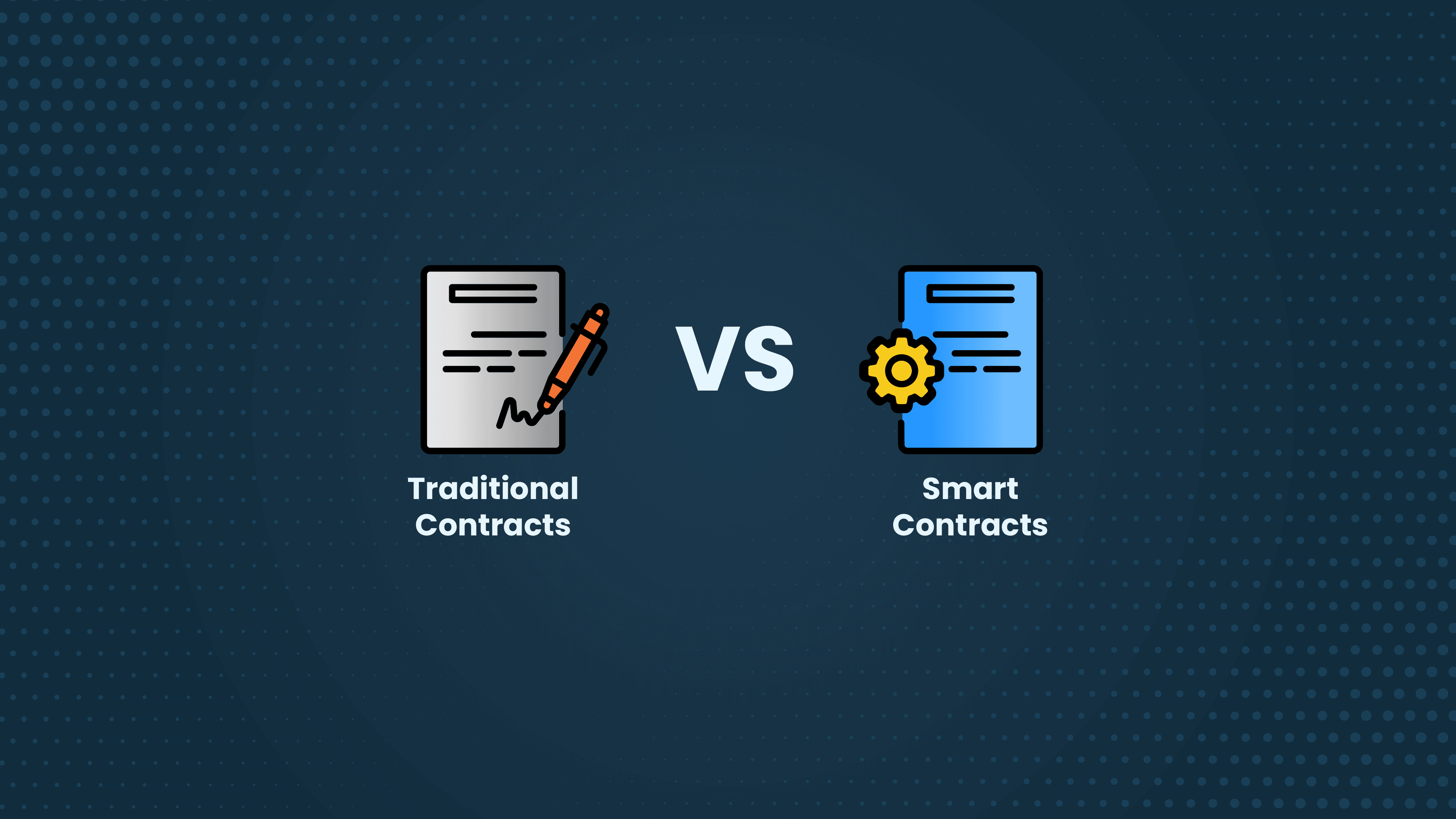So, how do smart contracts work on Ethereum?
While it's worth noting that Bitcoin was actually the first to support basic smart contracts, they had a very limited use case. Ethereum replaces Bitcoin's restrictive scripting language with both a simpler and more effective programming language that allows developers to write their own scripts.
Ethereum allows developers to create and program their own smart contracts via the Solidity programming language. Solidity is considered 'Turing-complete,' which means that it supports a broad set of computational instructions.
Let's imagine that Mark wants to buy a house from John for 100 Ether. They create a smart contract on the Ethereum blockchain, stating that Mark will receive ownership of the house when he pays John 100 Ether. Once this smart contract is put in place, it cannot be changed, and Mark is free to pay John 100 Ether without fear of being scammed. The smart contract will automatically transfer ownership from John to Mark once the payment is complete. That way, they both avoid the involvement of third parties, such as banks, lawyers, and real estate brokers.
Smart contract feature can be used for various simple or complex contracts and ensures proper and instant execution, all while reducing fees and eliminating any third parties involved in the process. These contracts are currently being used by insurance companies, healthcare systems, governments, various corporations, and many others.

Smart contracts and numbers
Smart contracts likely need assistance from other smart contracts and are way more effective when used in conjunction with one another, especially when it comes to extremely complex matters.
The more entities use blockchain technology and its smart contract features, the bigger the value of this technology becomes.
Smart contracts now
While it is true that blockchain technology and all its features have a long way to go when it comes to widespread adoption, it is undeniable that this is the inevitable future of doing business. This decade will bring many changes to how businesses operate, and those that are not flexible enough might hit a wall.
Here at Timacum, we acknowledge what the future may bring and strive to make all our partners the leaders in the blockchain industry when it comes to knowledge and real-world application. That way, they can embrace change and be the ones that guide rather than ones that follow their competition.




